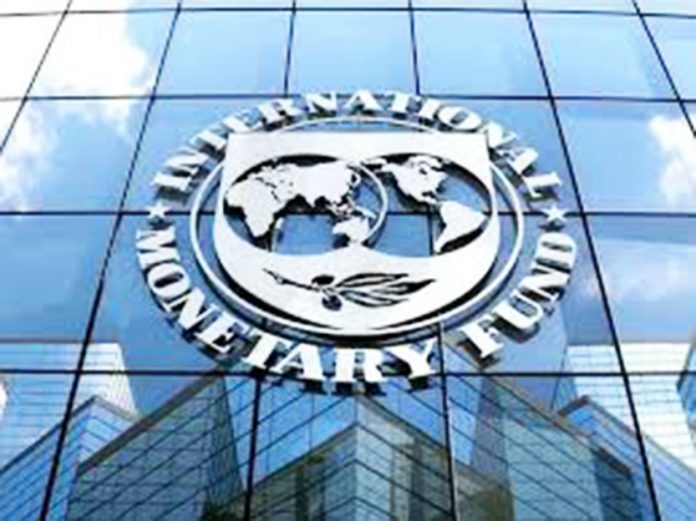A new assessment by the International Monetary Fund (IMF) has raised serious concerns about Ghana’s fiscal governance, warning that persistent budget credibility problems and growing expenditure arrears are eroding discipline and creating conditions for corruption.
The IMF Governance Diagnostic Assessment on Ghana released in November 2025 was jointly prepared by the Fund’s Legal Department, Fiscal Affairs Department, Monetary and Capital Markets Department, and the IMF Ghana Technical Assistance Mission.
The report underscores that Ghana’s weak public financial management (PFM) systems continue to undermine integrity, transparency, and accountability in public spending. It cautions that while reforms such as the Public Financial Management Act and the Ghana Integrated Financial Management Information System (GIFMIS) have improved oversight, budget credibility remains weak, leading to fiscal inefficiencies and governance risks.
According to the IMF, Ghana has struggled to align its revenue forecasts with actual outcomes, particularly in non-tax revenue performance.
“Revenue shortfalls against budgets have undermined budget credibility in recent years,” the report observed.
The result, the IMF noted, has been the accumulation of expenditure arrears, which reached 6.3 percent of GDP in 2023. Ministries, Departments, and Agencies (MDAs) were found to frequently commit beyond available resources, resulting in stalled projects, unpaid contractors, and a growing debt burden on the public purse.
Arrears breeding corruption risks
The report links the persistent build-up of arrears to corruption vulnerabilities within Ghana’s fiscal system. Citing World Bank analysis, it explained that limited cash resources often compel officials to decide which invoices to pay first — a process that can be influenced by bribery.
“This creates opportunities for corruption, where bribes can influence the prioritization of the settlement of particular invoices and arrears,” the IMF warned.
The Fund described such discretion as a governance failure that undermines transparency, distorts budget execution, and weakens confidence in fiscal management.
Reform efforts stalling
While acknowledging government efforts to address the problem through an Arrears Clearance and Prevention Strategy, the IMF found that implementation has been slow and incomplete.
The strategy, introduced in mid-2023, seeks to strengthen fiscal discipline through tighter commitment controls, improved cash forecasting, standardized contracting, and expanded GIFMIS coverage. However, as of the IMF mission, the report noted that the document had not been published, and the Arrears Clearance Committee tasked with oversight had yet to meet or finalize its terms of reference.
Plans for the Ghana Audit Service to verify arrears before payment had also not been carried out.
Urgent reforms required
The IMF urged the government to implement the strategy swiftly and undertake broader institutional reforms to restore fiscal credibility.
“Plans to strengthen fiscal institutions can enhance budget credibility,” the report emphasized, calling for urgent action to clear existing arrears and prevent their future accumulation.
The IMF stressed that addressing Ghana’s fiscal governance weaknesses is critical not only for effective public service delivery but also for curbing corruption and promoting sustainable economic management.
For more news, join The Chronicle Newspaper channel on WhatsApp: https://whatsapp.com/channel/0029VbBSs55E50UqNPvSOm2z










